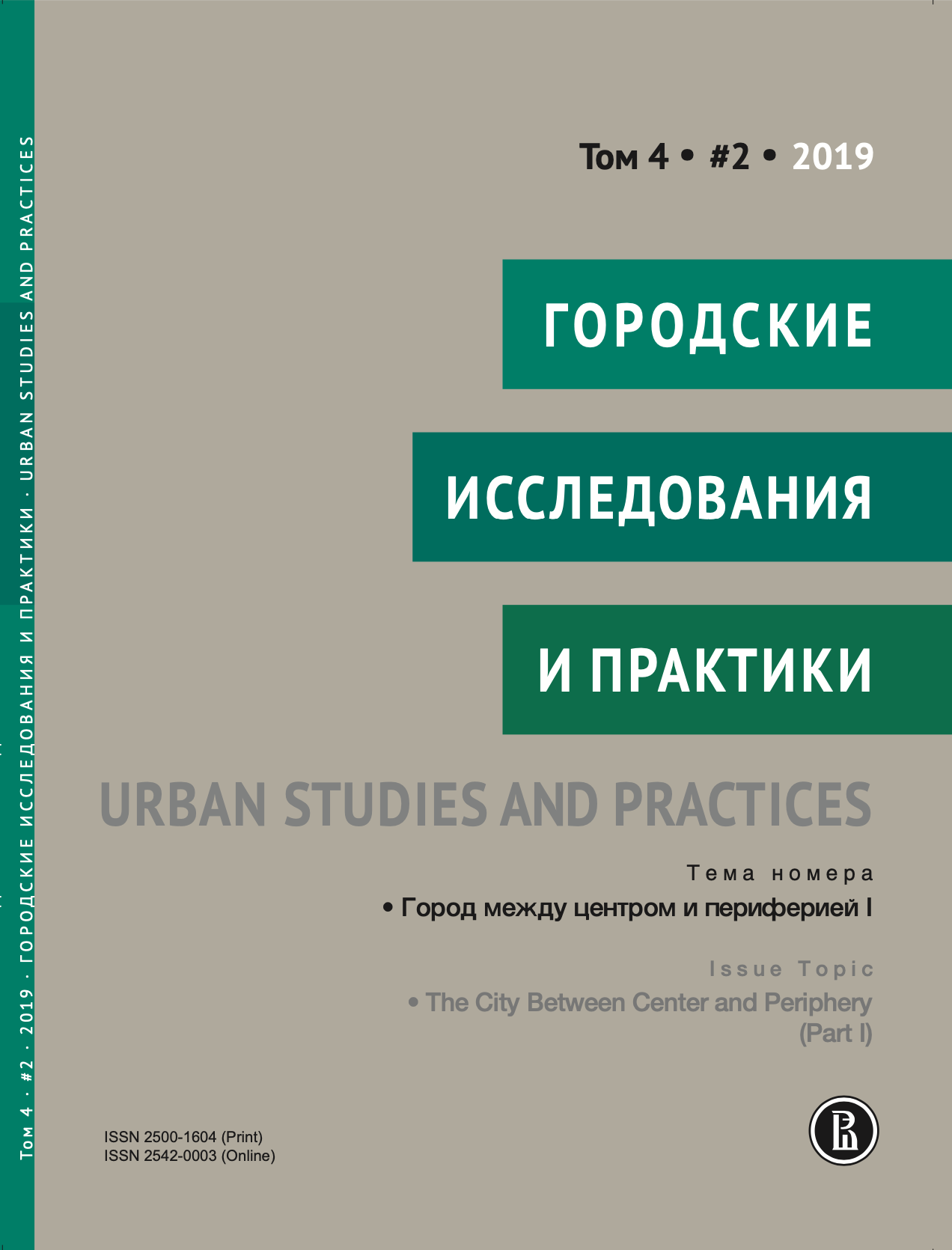«Гетто в хорошем смысле» против «бетонного гетто»: районные дискурсы и реновация в Москве*
* Статья содержит упоминание запрещенных в Российской Федерации социальных сетей. Номер был подготовлен до решения суда о запрете деятельности указанных социальных сетей. Упоминание осуществляется исключительно в научных целях и не нацелено на одобрение экстремисткой деятельности
Аннотация
Программа реновации жилья в Москве была официально объявлена в начале 2017 года и еще до формирования списков домов под снос вызвала сильный эмоциональный отклик у москвичей. В данной статье я демонстрирую, как городские эмоции были задействованы в ходе мобилизации за и против программы. Интересным элементом этой эмоциональной работы стало эмоциональное конструирование периферийности: отталкиваясь от различных представлений о том, что такое периферия, горожане формулировали представления об идеальном и нежелательном городе. Восприятие прошлого и будущего, а также эстетика, связанная с ними, как я покажу ниже на примере нарративов о реновации, не только формируют восприятие места, но могут превратиться в инструмент политического действия. Противники и сторонники реновации пытались отстоять свое право не быть на периферии: сторонники старались избежать замедленного и заброшенного существования районов пятиэтажек, максимизировать современность и интенсивность своей жилой среды. Противники реновации, наоборот, противились наступлению периферии — высотного, насыщенного социальными проблемами жилья.

